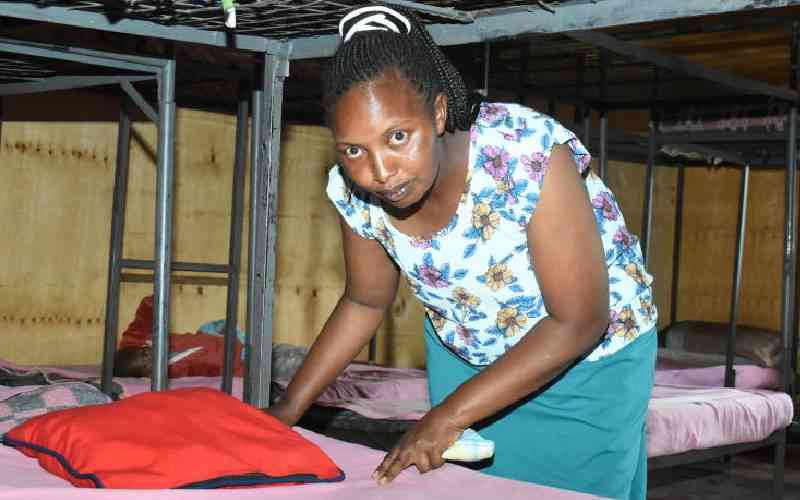×
The Standard e-Paper
Smart Minds Choose Us

Kelly struggles to fight back tears as he recounts events that have forced him to involuntarily confront the difficult questions of life and its struggles.
At 13 years, *Kelly, whose real name has been hidden to protect his identify, has known three homes, different parents and guardians and in totally different circumstances.